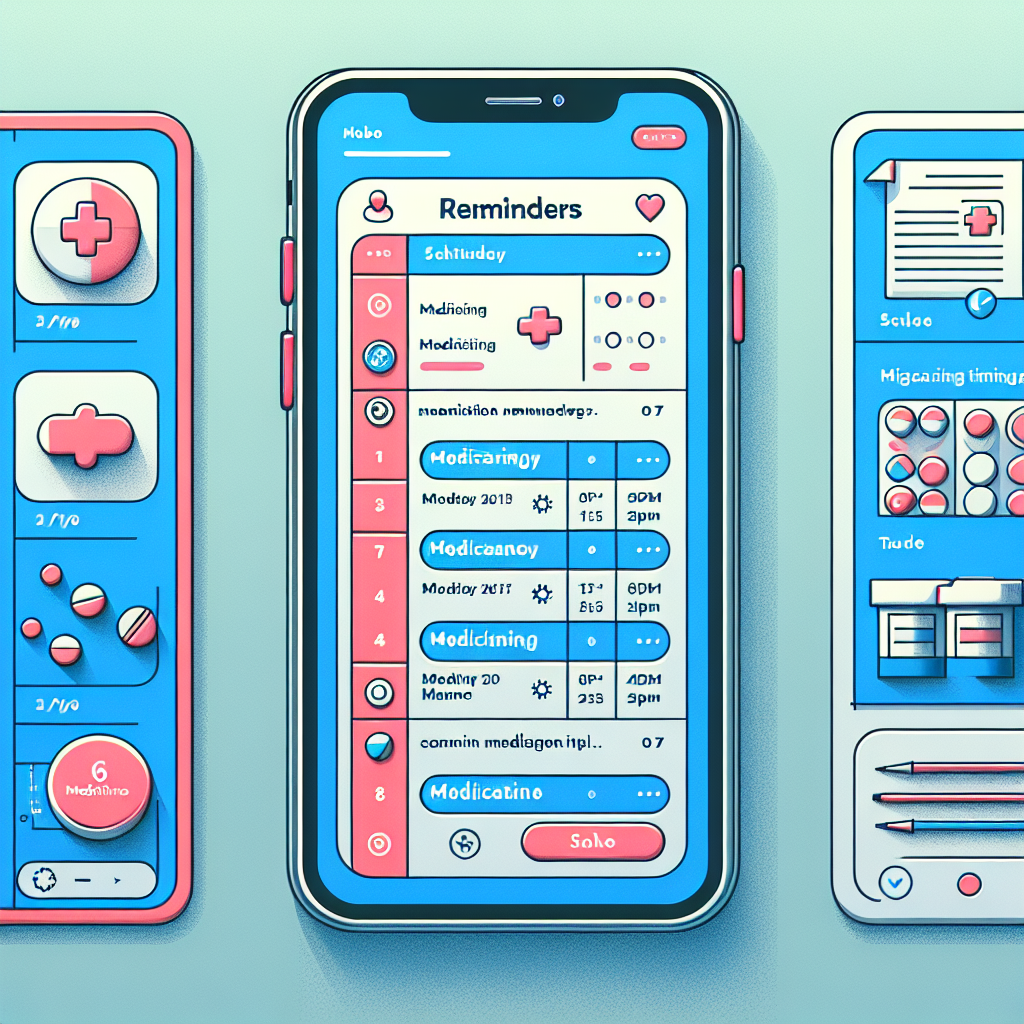Effective medication management is a critical aspect of maintaining and improving health, especially for those managing chronic conditions or multiple medications. In recent years, the conversation around medication has expanded beyond simply what to take and has begun to emphasize when and how to take these substances for optimal benefit. In this comprehensive guide, we will explore the importance of medication timing and routine, drawing upon the latest research and expert insights to help you make informed decisions about your health.
Understanding the Significance of Timing in Medication
The human body operates on a 24-hour cycle known as the circadian rhythm, which influences everything from sleep patterns to hormone levels. This internal clock also impacts how medications are metabolized and utilized by the body. Certain medications have an optimal time for administration where their efficacy is maximized and side effects are minimized. For example, taking cholesterol-lowering statins at night can align with the body’s natural cholesterol production, which is higher during the evening.
Moreover, consistency in medication timing helps maintain stable levels of the drug in the bloodstream, which can be crucial for conditions like hypertension or diabetes where fluctuations can be dangerous. Learn more about managing cardiovascular health.
Establishing a Medication Routine
Developing a medication routine is about more than just remembering to take your pills. It’s about creating a reliable pattern that aligns with your lifestyle and your body’s needs.
-
Consistency: Taking your medications at the same time each day establishes a rhythm that can enhance the effectiveness of the drugs and reduce the likelihood of missed doses.
-
Coordination with Meals: Some medications are better absorbed with food, while others might need to be taken on an empty stomach. Understanding these nuances is key to optimizing their efficacy.
-
Sleep Patterns: Medications that cause drowsiness should be taken before bedtime, whereas those that are stimulating are best taken in the morning.
-
Interaction with Other Medications: When taking multiple medications, it is essential to understand how they interact with each other. Understanding drug interactions and how to avoid them can prevent adverse effects and maximize benefits.
The Role of Healthcare Providers
Healthcare providers play a crucial role in helping patients understand the importance of medication timing and establishing a routine. They can offer personalized advice based on the individual’s health status, the medications prescribed, and other factors such as diet and lifestyle.
Pharmacists, in particular, are a valuable resource when it comes to medication management. The role of pharmacists in supplement education and safety highlights the importance of their expertise in ensuring that patients are well-informed about their medication and supplement regimen.
Medication Timing for Specific Conditions
Different conditions require different approaches to medication timing. For instance:
- Asthma: Inhaled corticosteroids might be more effective when taken in the afternoon or evening.
- Arthritis: Anti-inflammatory medications might be most effective when taken in the morning to reduce stiffness and pain.
- Allergies: Antihistamines can be more beneficial when taken before exposure to allergens.
Understanding the long-term effects of supplement use and medication is also crucial for those integrating supplements into their routine. Here’s an insightful article on long-term supplement effects.
The Impact of Lifestyle Factors
Lifestyle factors, such as diet, exercise, and stress, can influence how well medications work. The role of diet and nutrition in medication efficacy is an example of how one’s dietary choices can affect medication absorption and metabolism.
For those involved in fitness, understanding how exercise times can impact medication efficacy is important. Regular exercise can affect the metabolism of medications, and sometimes adjustments to medication timing may be necessary.
Leveraging Technology for Medication Management
Advancements in technology have made it easier to manage medication routines. There are now numerous apps and devices designed to remind patients when to take their medication and to track their adherence over time.
External Resources for Further Reading
- The National Institutes of Health offers a detailed guide on the biology of the human circadian clock, which can provide a deeper understanding of why medication timing is crucial.
- For those interested in the specifics of statin timing, the American College of Cardiology has a comprehensive article discussing the best time to take these medications.
- The American Society of Clinical Oncology provides insights into the concept of chronotherapy, which involves timing chemotherapy to increase effectiveness and reduce side effects.
Conclusion
The importance of medication timing and routine cannot be overstated. By taking medications at the right time and in the right way, patients can significantly improve their health outcomes. Healthcare providers can support their patients by providing clear instructions and resources for managing their medication. With a combination of personal diligence, healthcare guidance, and technological support, patients can create an effective medication routine that fits seamlessly into their daily lives.
Remember, while the information provided here is based on current understanding and research, it is always essential to consult with your healthcare provider for personalized advice and recommendations. Your health is a journey that requires ongoing attention and care, and proper medication management is an integral part of that process.



